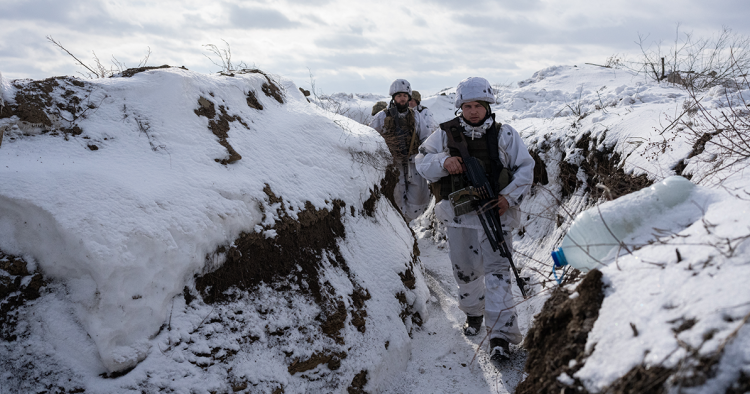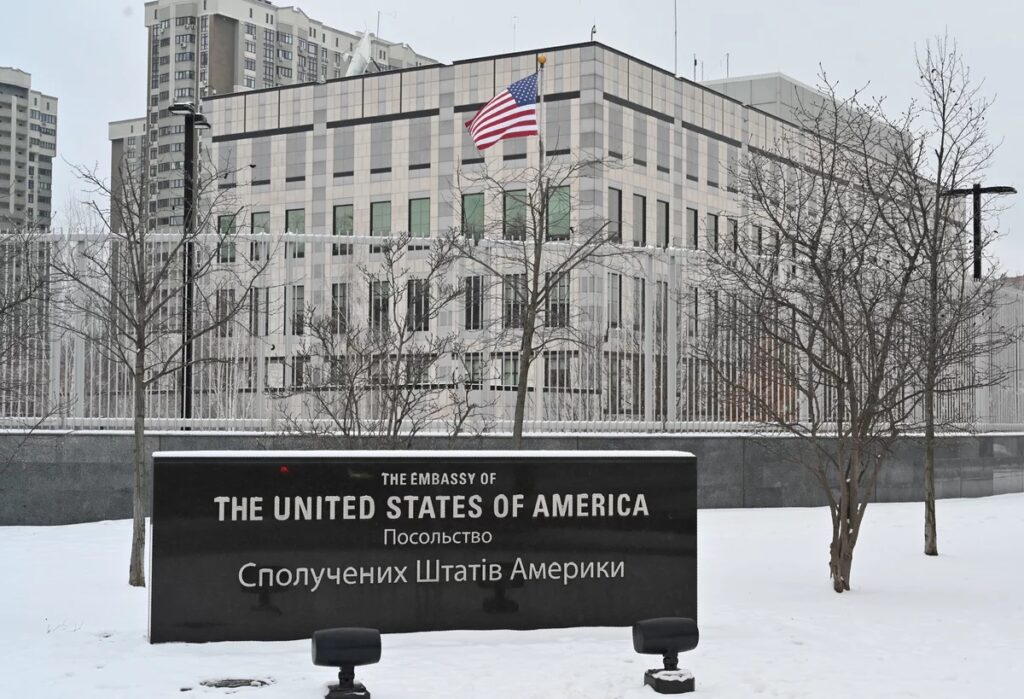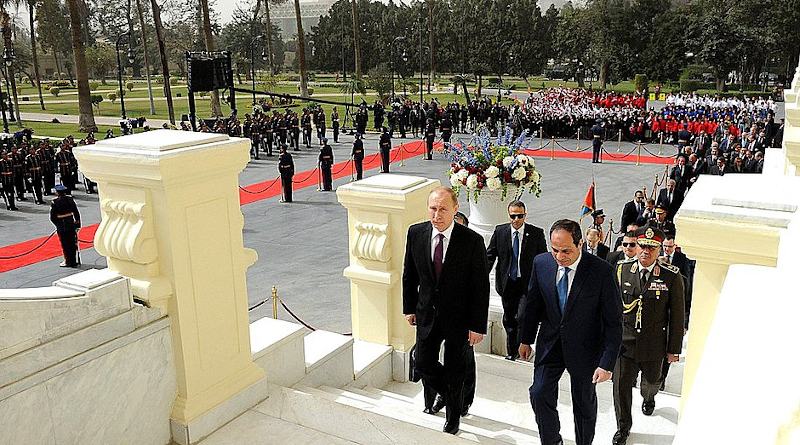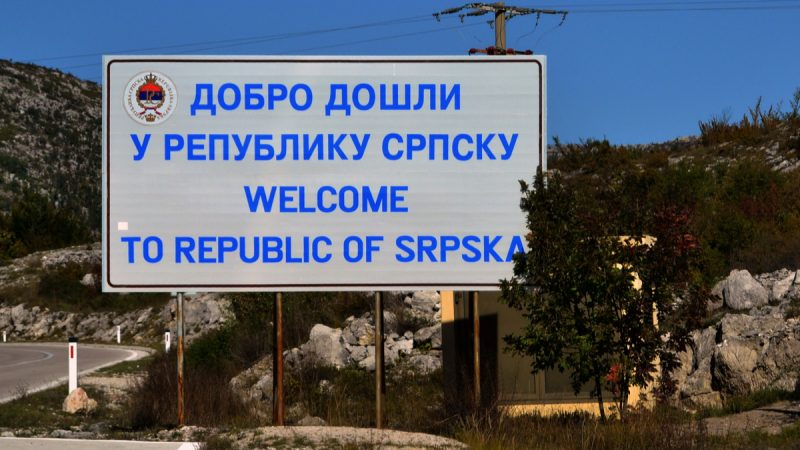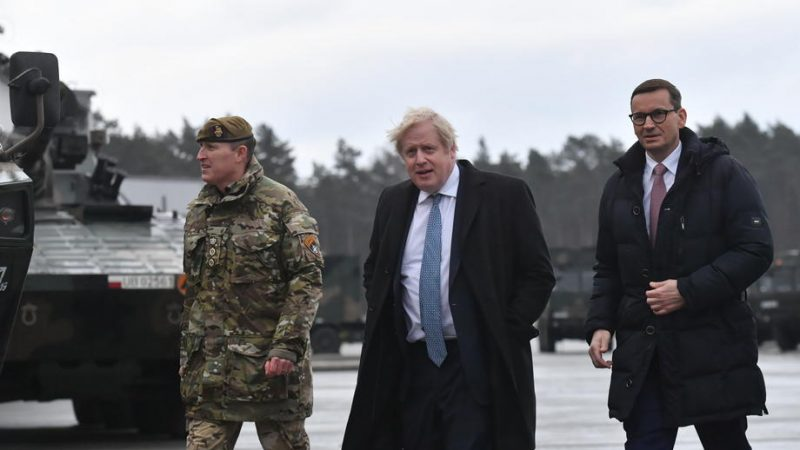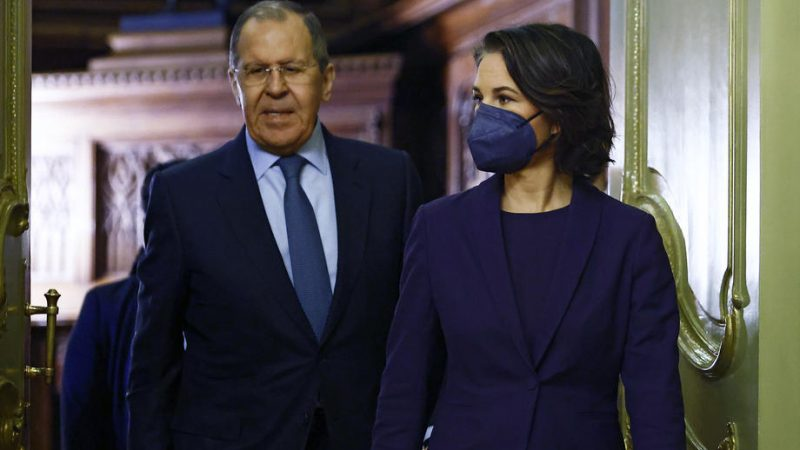Russian Far East Expert Saveliev: Russia Is In An Unequal Marriage To A China That Regards Russia Merely As Its Economic Appendage
Vladmir Putin’s recent visit to China, to attend the opening of the Winter Olympics in China and display solidarity with Xi Jinping against the Western diplomatic boycott of the games, was hailed as an economic as well as diplomatic success. The support of the economic giant next door is an important reassurance to Russia, against the threat of crippling Western sanctions in the event that Russia invades Ukraine. As the political scientist and columnist George Bovt put it: “[The solidarity on display] will allow the Russian leadership to feel a bit more confident in the upcoming new rounds of talks with the West, as well as to more soundly assess the consequences of the implementation of the numerous sanctions’ threats, via which attempts are being made to prompt Moscow to make concessions on Ukraine.

